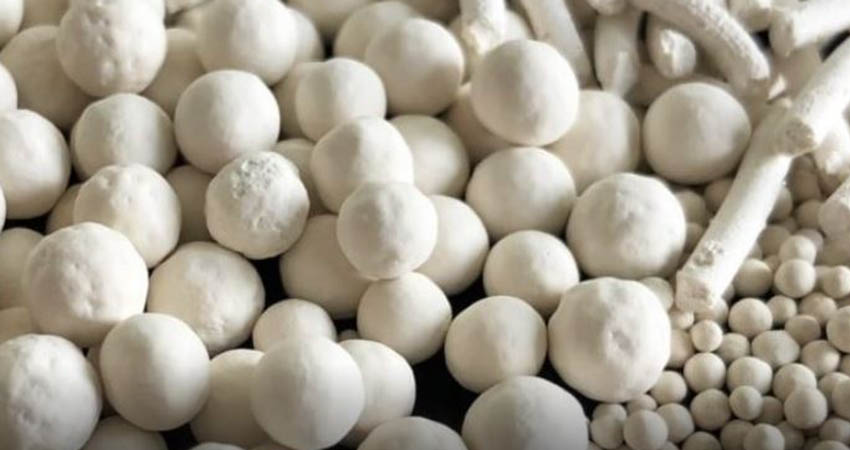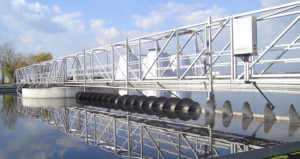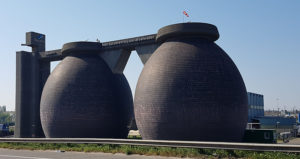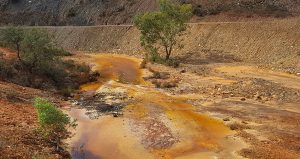Netherlands: Research on removal micro pollutants with zeolites

-
 Adriaan van Hooijdonk
Adriaan van Hooijdonk
Share article:
The Technical University in Delft, water technology company Xylem, consultancy agency Witteveen+Bos and four water boards started in June with a new research project financed by Dutch public-private organisations. “We are investigating the removal of micro pollutants in wastewater with zeolites”, states professor Luuk Rietveld from the TU Delft in the Netherlands.
The research assumes removing organic substances with zeolites is feasible. These natural or chemical minerals contain pores that can adsorb harmful substances. During the project the researchers are focusing on which zeolites can remove which substances. Another important question is how zeolites can be transformed into pellets that can be used in a large scale reactor. Also regenerating the zeolites is part of the investigation.
Harmful substances
The research concentrates on the use of artificial zeolites which contain a high amount of silica and alumina. Rietveld: “We think these zeolites will only adsorb small concentrations of specific, harmful organic substances. Other harmless organic substances will remain present in the wastewater.”
Easy regeneration
“Compared to active carbon, pellets of zeolites can be regenerated easier and more often”, expects the Dutch professor. Active carbon needs to circulate in a reactor for at least a year before you can regenerate it. This process consumes a lot of energy. We think we can regenerate zeolites locally with an oxidant like ozon more frequently, maybe even every week. This saves transport, energy and initial investments. To confirm these assumptions the researchers are planning to conduct a lifecycle analysis.
Next steps
First the researchers will start investigating combinations of different zeolites and different micro pollutants on a lab scale. After a year Xylem and Witteveen+Bos are goint to build a pilot installation at a WWTP of one of the water boards. “When we are able to treat a few cubic meters of wastewater per hour at the end of the project (2022) we will be satisfied”, declares Rietveld.

















